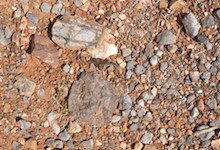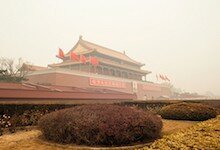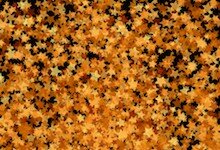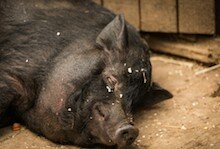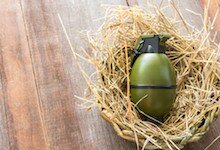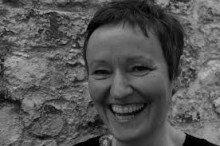
Paula Cunningham was brought up in Omagh, County Tyrone, and has spent much of her adult life in Belfast where she works part-time as a dentist. Her poetry chapbook, A Dog Called Chance, appeared in 1999, published by Smith/Doorstep. Her poems were included in The New Irish Poets (Bloodaxe Books, 2004), edited by Selina Guinness, and her first full collection, Heimlich’s Manoeuvre, was published by Smith/Doorstep in 2013. This collection was shortlisted for numerous awards, such as the 2013 Fenton Aldeburgh Best First Collection Prize, the 2014 Seamus Heaney Centre Prize for First Full Collection, as well as the 2014 Shine/Strong Award. Other awards include first place in the Poetry Business Competition in 1999 and the Hippocrates Poetry Prize in 2011.
Paula Cunningham’s considered approach to publishing her work has resulted in an accomplished début, Hemlich’s Manoeuvre, which has rightly garnered much critical praise. The Northern Irish experience is presented in many of the poems here: the tension between the divided communities is palpable in ‘Hats’; the pronunciation of the letter ‘h’ (‘Haitch’ or ‘Aitch’) is ‘tribally decreed’ and unavoidable when spelling the place where the family lives, Omagh; and the violence of the Troubles is startlingly commonplace:
One day in Derry/Londonderry my father’s car was hijacked.
The men wore hats pulled down with holes for eyes and mouth.
They held a gun, they nudged his hat.
They asked my father where we lived
and ordered him to spell it.
The strain of the conflict is experienced through a child’s eye in ‘Geography and Sweetshops’: ‘The best places to swim were always over / the border. In the car killing time / we played I spy with my little eye . . . / and Spot the soldiers, their camouflage / too dark for August grass.’
The most memorable poems in this collection deal with human relationships, such as the friendship described in ‘Skin’, and the movement from the particular to the universal in ‘Driving North’ in which ‘angels and ogres jostle at our shoulders, / anxious for their chance to vanquish time’.
The confessional note in these relationship poems is often tempered with humour, such as in ‘Broken Couplets’, ‘Too Dear’ and ‘On Being the Least Feminist Woman You’ve Ever Met’. Many of the lighter moments in the collection are provided by offbeat observations, such as in ‘Notes from an Ear’.
Cunningham’s adept control of language here is informed by her medical background but is no less poetic for it. Her relationship with her patients is explored with Plathesque precision, for example, in ‘Amalgam’: ‘I see them whole and will / them smile again. I iron / out their inconsistencies . . . To compensate / I sugar them with pieces / plucked from me’. This is an assured voice, and it is revealed with variety and dexterity in Heimlich’s Manoeuvre.
Bibliography
Poetry
Heimlich's Manoeuvre, Smith/Doorstop Books, Sheffield, 2013
Links
Interview with Culture Northern Ireland
Poems published at Numéro Cinq
Video of Cunningham reading 'Banquet'



